How Aging Affects Your Sleep
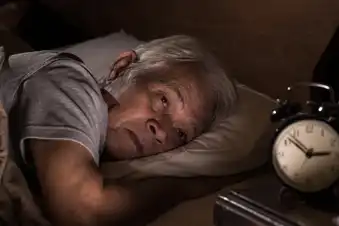
Age-Related Sleep Problems
As you get older, you’re likely to notice changes in your sleeping patterns. You may find it harder to get to sleep -- and stay that way -- than you used to. You might feel tired during the day and want to take a nap. You’re not alone: More than half of men and women over the age of 65 have problems with sleep. Many things can affect the quality of your rest, and sometimes there’s more than one cause at play.
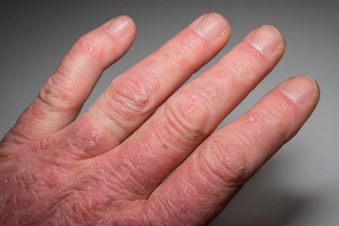
Pain
Arthritis, back problems, GERD, diabetes, and other age-related illnesses can cause pain that wakes you up. In some cases, physical therapy or surgery can help with back pain. Otherwise, your doctor may be able to treat it as well as other underlying illnesses. Over-the-counter pain relievers can lessen pain and inflammation.
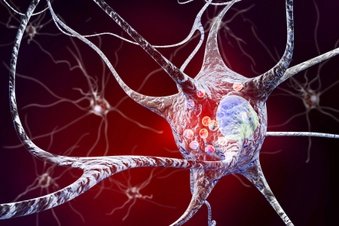
Neurological Illness
These types of illnesses cause problems with electrical signals in the brain and nervous system. Parkinson’s can cause movements that wake you or disturb your sleep in other ways. And Alzheimer’s unsettles and agitates some people right around the time they normally go to sleep. Your doctor can help you treat symptoms of these conditions.
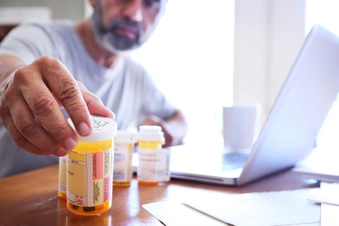
Medication
Drugs for heart disease, high blood pressure, Parkinson’s, and thyroid problems -- all more common as you age -- might interrupt your sleep. And age can make the effects of some medications more likely to keep you up, such as the stimulant pseudoephedrine in over-the-counter decongestants. Your doctor may be able to adjust or change your medication if it seems to affect your sleep.
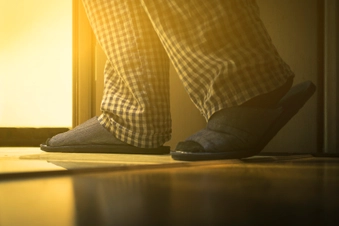
Waking Up to Pee
If it happens more than once a night, your doctor might call it nocturia. It tends to happen more as you get older. This may be due to illness, like diabetes, heart failure, or to infection, inflammation, and other age-related bladder problems. It may help to avoid caffeine and alcohol later in the day. Your doctor may prescribe water pills (diuretics) to help you pee earlier in the day, or other drugs that lessen the need to go.
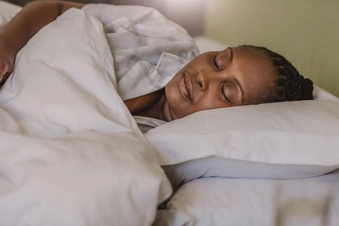
Menopause
As you stop having your period in middle age, your body slowly stops making the hormones progesterone and estrogen. This often causes hot flashes in which a surge of adrenaline wakes you up. This can happen many times a night. They can make you get too hot and sweat -- sometimes a lot. Your doctor may be able to prescribe hormones to stop these flashes to help you sleep.
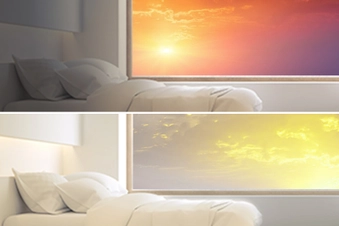
Sleep Rhythm Changes
As you get older, you tend to get sleepier earlier in the evening and wake up earlier in the morning. It can help to listen to your body as this shifts so that your sleep hours are more in tune with your body’s natural rhythms. You can ease yourself to bed with a soothing evening routine. Read a book or listen to calming music. A hot bath or shower and some light stretching exercises also can promote sleepiness.
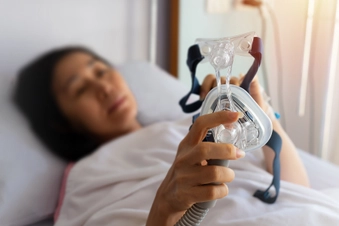
Sleep Apnea
It’s when you snore so intensely that you repeatedly cut off your breathing as you sleep -- sometimes hundreds of times a night. It can affect anyone, but it’s more likely after age 40. You might notice that you’re groggy the next day from a lack of sleep. Sometimes it’s because you’re carrying a few extra pounds, but not always. A doctor can test you to see if you have it and help you treat it.
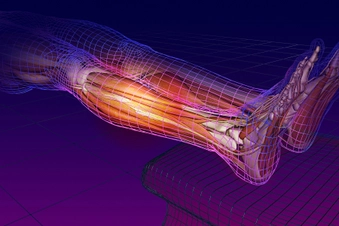
Restless Legs Syndrome
It causes your legs to move when you don’t want them to. It can keep you up with strange feelings in your legs: they may tingle, or you could feel your skin crawl or have a “pins and needles" sensation. When it includes your arms, it’s called periodic limb movement disorder, or PLMD. About 20% of people 80 or older have RLS. More than that have some form of PLMD. Your doctor may be able to help you manage your symptoms.
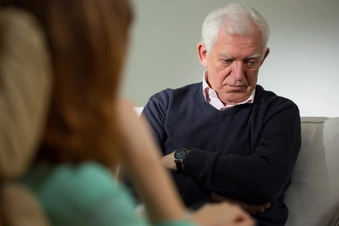
Mental Health
New mental health issues, like depression, can come up as you age. People with depression, bipolar disorder, and other mood disorders are more likely to have sleep problems. It might be a sudden event or difficult period in your life. Or it could be that everyday events start to worry you more than they used to (anxiety). Talk to your doctor if worries or your mood seem to interfere with your sleep.
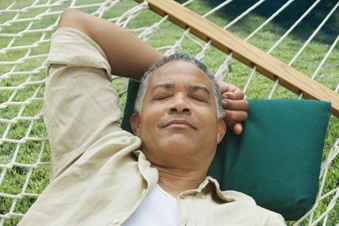
Naps
As you get older, you may find yourself with more extra time to doze off during the day, either by accident or on purpose. But if you’re not sleeping at night, naps may not be a great idea, especially in the late afternoon or evening. You may not feel tired at bedtime or sleep as well. That can lead to a cycle that disrupts your normal sleep routine and makes it harder to get up in the morning.
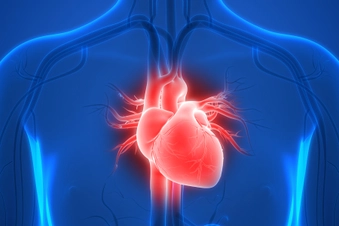
Heart Issues
Shortness of breath from heart failure, chest pain from angina, a racing pulse from atrial fibrillation: All of these heart problems can interfere with your sleep. And less sleep can worsen these heart issues, which leads to an unfortunate cycle. Talk to your doctor about any of these symptoms. If you have an underlying condition, find out how you can manage it with lifestyle changes, medications, surgery, or other treatments.
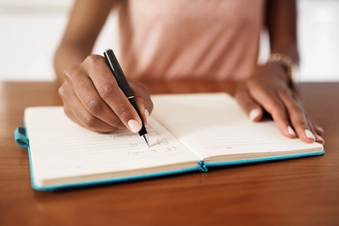
Help Your Sleep: Make a List
Sleep can be hard if your mind is racing with all the things you need to do tomorrow. You can cut down on that stress if you take just a few minutes to organize your thoughts into a “to-do” list. It may help you sleep better tonight. It also gives you a ready-made guide for how to attack the day tomorrow.
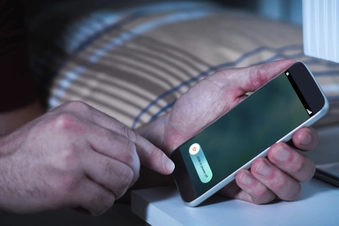
Help Your Sleep: Put Down the Phone
Artificial light after dark can mess up your sleep. The blue light from electronic devices like your smartphone and laptop is especially bad because of how it lowers your melatonin levels. Special screens can filter out part of that light. Some devices have “nightshift” settings that help remove it. But the best thing to do is to put the electronics down as early in the evening as possible.
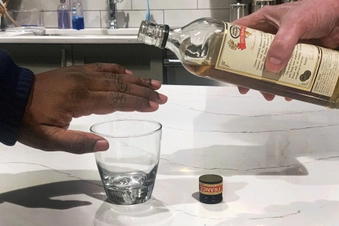
Help Your Sleep: Less Alcohol
You might feel sleepy after a drink or two, but later, it can wake you up over and over in the night. It disrupts the important REM stage of sleep and could interfere with breathing. It also makes you pee more, which means you might have to get up and go to the bathroom. It might help to drink less in the late afternoon and evening before bed.

Help Your Sleep: Less Caffeine
It’s not just in coffee and tea. It’s in soda, chocolate, energy drinks, and over-the-counter pain medication. It can make it harder to fall asleep. It can also lessen the amount or quality of your sleep, especially as you get older. Even 6 to 8 hours before bedtime could have an effect. Steer clear of it in the afternoon and evening, particularly if you have trouble sleeping.
Show Sources
IMAGES PROVIDED BY:
1) Getty Images
2) Getty Images
3) Getty Images
4) Getty Images
5) Getty Images
6) Getty Images
7) Getty Images
8) Getty Images
9) Medical Images
10) Getty Images
11) Getty Images
12) Getty Images
13) Getty Images
14) Getty Images
15) Amie Brink / WebMD
16) Getty Images
SOURCES:
American Academy of Sleep Medicine: “Sleep and Growing Older,” “Sleep and Caffeine,” “Insomnia – Symptoms and Causes.”
American Parkinson Disease Association: “Sleep Problems.”
American Sleep Apnea Association: “What is Sleep Apnea?”
Baylor University: “Can Writing Your ‘To-Do’s’ Help You to Doze? Baylor Study Suggests Jotting Down Tasks Can Speed the Trip to Dreamland.”
Cleveland Clinic: “Sleep & Aging,” “Nocturia.”
Harvard Health Publishing: “Sleep problems, heart disease often in bed together,” “How to sleep better with chronic pain,” “Blue light has a dark side.”
Harvard Medical School Division of Sleep Medicine: “Twelve Simple Tips to Improve Your Sleep,” “An Overview of Sleep Disorders.”
Journal of Experimental Psychology: General: “The effects of bedtime writing on difficulty falling asleep: A polysomnographic study comparing to-do lists and completed activity lists.”
Journal of Clinical Sleep Medicine: “Caffeine Effects on Sleep Taken 0, 3, or 6 Hours before Going to Bed.”
Mayo Clinic: “Insomnia.”
National Alliance on Mental Illness: “Sleep Disorders.”
National Jewish Health: “Insomnia,” “Medicines That Can Cause Insomnia.”
National Sleep Foundation: “How Blue Light Affects Kids & Sleep,” “How to Sleep Better if You’re Stressed,” “Aging and Sleep,” “Menopause and Insomnia,” “What Causes Insomnia?” “Parkinson’s Disease and Sleep,” “Sleep Hygiene,” “What is Sleep Apnea?” “Alcohol’s Effect on Sleep,” “Caffeine and Sleep,” “How Alcohol Affects The Quality—and Quantity—of Sleep.”
Saint Francis Healthcare: “Could a Heart Condition Be Sabotaging Your Sleep?”
UpToDate: “Treatment of menopausal symptoms with hormone therapy.”
Consumer Reports: “Sleep Better By Using a Blue Light Filter on Your Phone or Computer.”
FDA.gov: “As You Age: You and Your Medicines.”